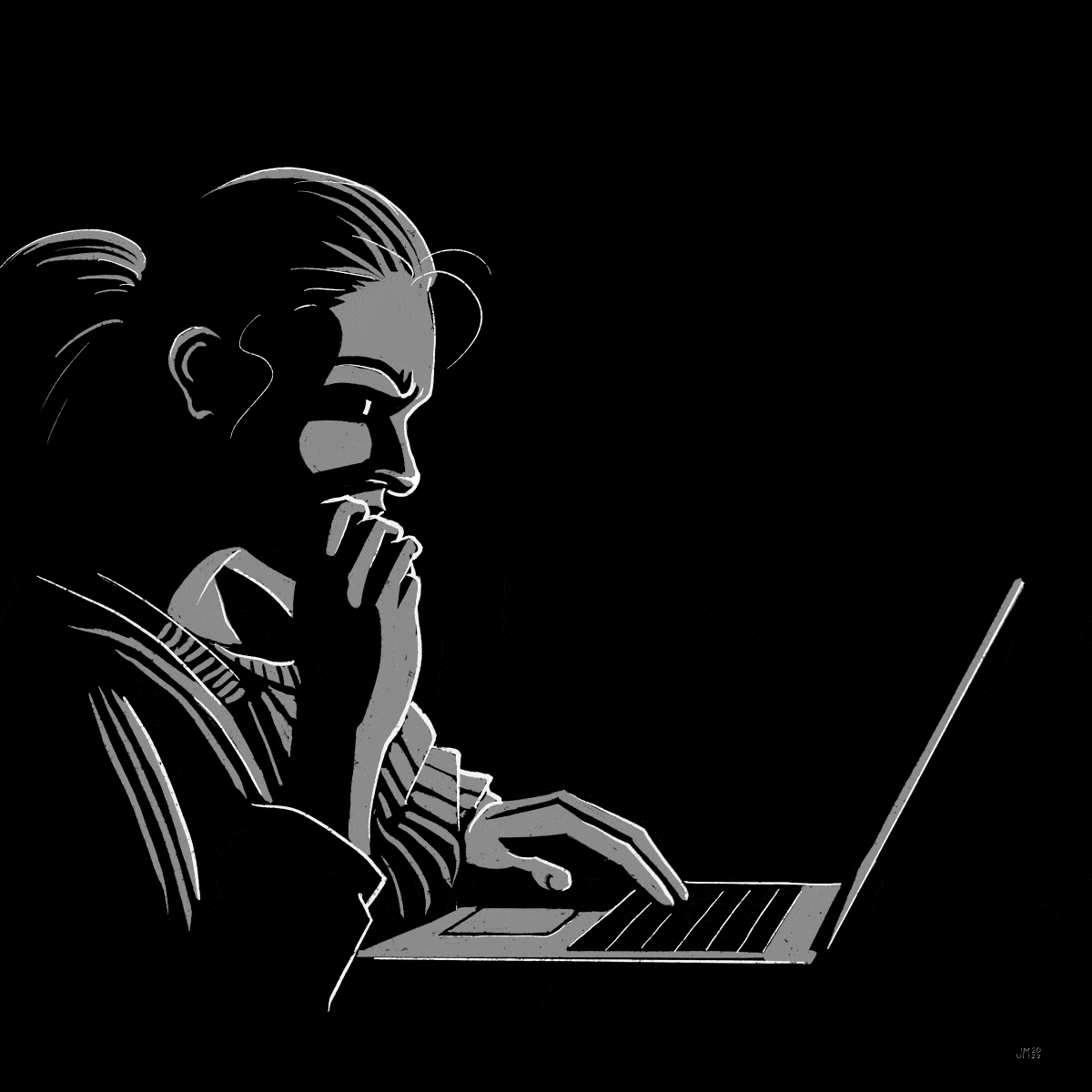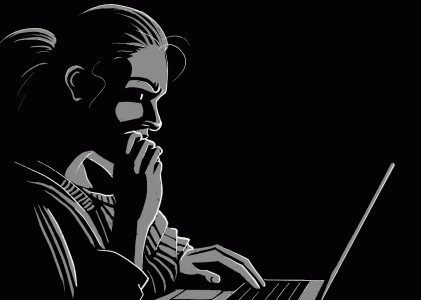
How to cope with war in the age of social media
Does the constant stream of news from Ukraine make you feel sad, anxious or helpless? Read on for tips to manage your emotions and limit your doomscrolling.
I don’t know about you, but when I read about the war in Ukraine, I feel overwhelmed by strong emotions that I don’t know what to do with. I feel anguish when I see an image of a frantic-looking woman clutching her baby at a train station or a frightened child clinging to her cat from atop a heap of clothes in a bomb shelter. I feel guilty for worrying about rising gas prices when people are dying, then I feel terror when I think about the possibility of the conflict escalating to a global war. Mostly, I feel helpless in the face of so much suffering and destruction. I doomscroll from one disturbing headline to another, searching for safety in knowledge but instead only heightening my anxiety and despair.
So how can we stay connected and informed without feeling overwhelmed by the endless stream of alarming news coming out of Ukraine?
Support Ukraine on Social Media
These small steps may help transform your distress into something positive.
- Update your profile picture to incorporate colors from the Ukraine flag
- Make art and post it. If you have children who want to get involved, enlist their help.
- Share responsibly. It is more important than ever to share accurate information. When you read a story that you want to share, ask yourself:
- Is it from a reliable source? What other stories has this source posted and do they sound credible?
- Is it consistent with other things I’ve read?
- Is it current? Some false stories distort the time frame of real events that happened in the past.
- If you feel able and inclined, donate money to reputable organizations and post about it. Here is a partial list of charities requesting assistance for Ukraine:
- UNICEF
- Doctors Without Borders
- Voices of Children
- Sunflower of Peace
- International Committee of the Red Cross
- Save the Children
- UN Refugee Agency
- CARE
- International Medical Corps
Manage your media intake and limit your doomscrolling
- Take note of what times of day and how long you spend on social media about Ukraine. Is there a pattern to your media activities and do they get in the way of other things that you value?
- Set up a schedule for engaging with social media about Ukraine that won’t interfere with other important parts of your day, like getting adequate sleep, engaging with loved ones and doing your job.
- Examine why you feel compelled to doomscroll and how it makes you feel. Do you think you need to know everything that is happening? Do you feel obligated to bear witness to people’s suffering? Are you acting in response to untreated or undertreated mental health issues such as anxiety or depression? Recognizing why you engage the way that you do may help you to make positive changes.
Social media informs us at a scale and speed unimaginable a generation ago. Researchers have barely begun to understand how this tidal wave of content affects us and we are still learning how to cope with the more obvious challenges social media presents us. We hope these tips help you manage your media consumption and feel a little less helpless about the situation.
If you’re experiencing severe distress that makes it difficult for you to function in daily activities, you may benefit from professional help. Talk to your primary care doctor about options or contact the caring professionals at Athena Care today.
You deserve to feel better. Take the first step by talking to your primary care physician, or contacting Athena Care.

Rachel Swan, MS
Editor
Rachel has a Masters of Science in Clinical Psychology from Vanderbilt University, where she spent 16 years as a Research Analyst in the Psychology and Human Development Department.


